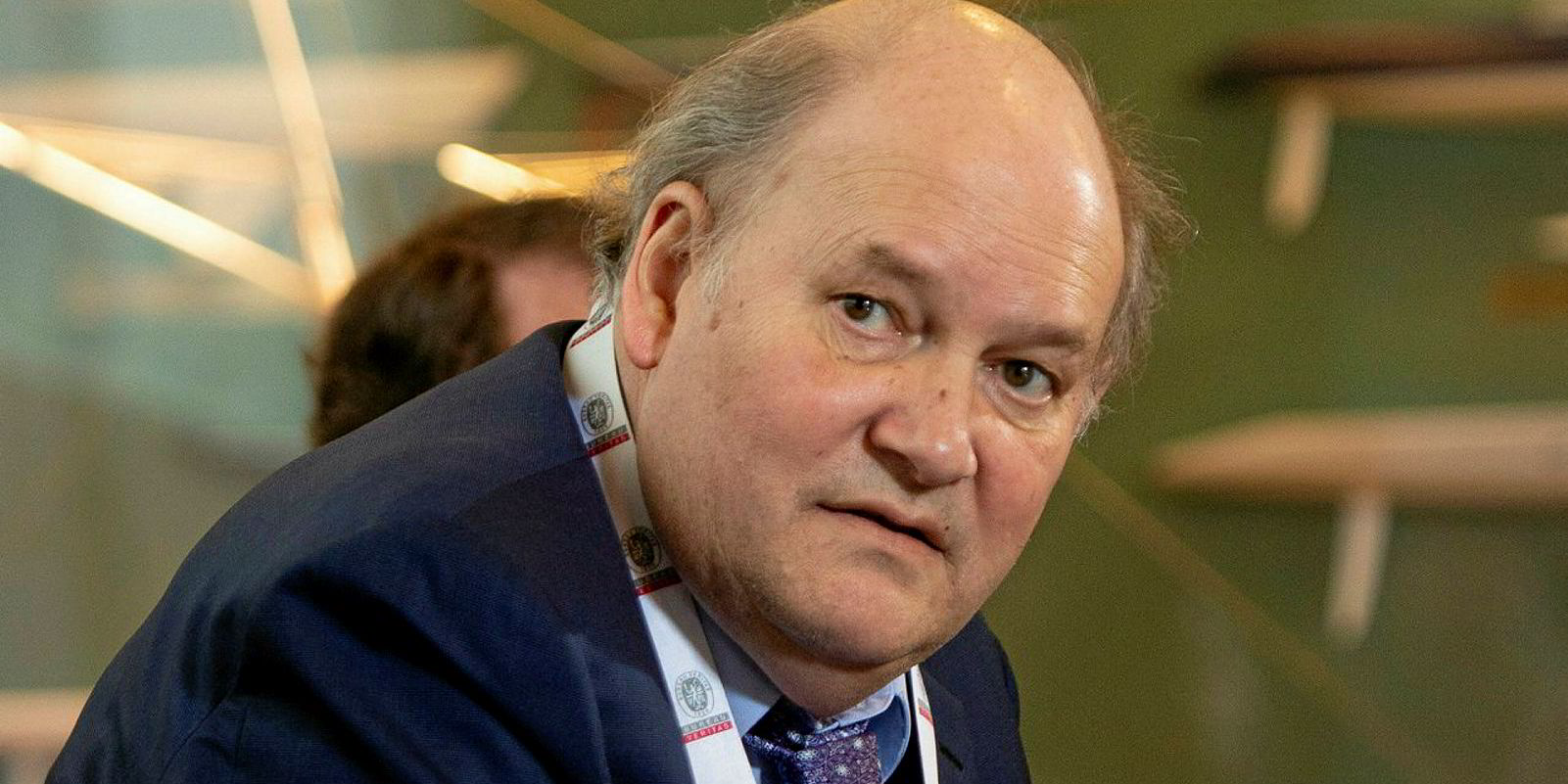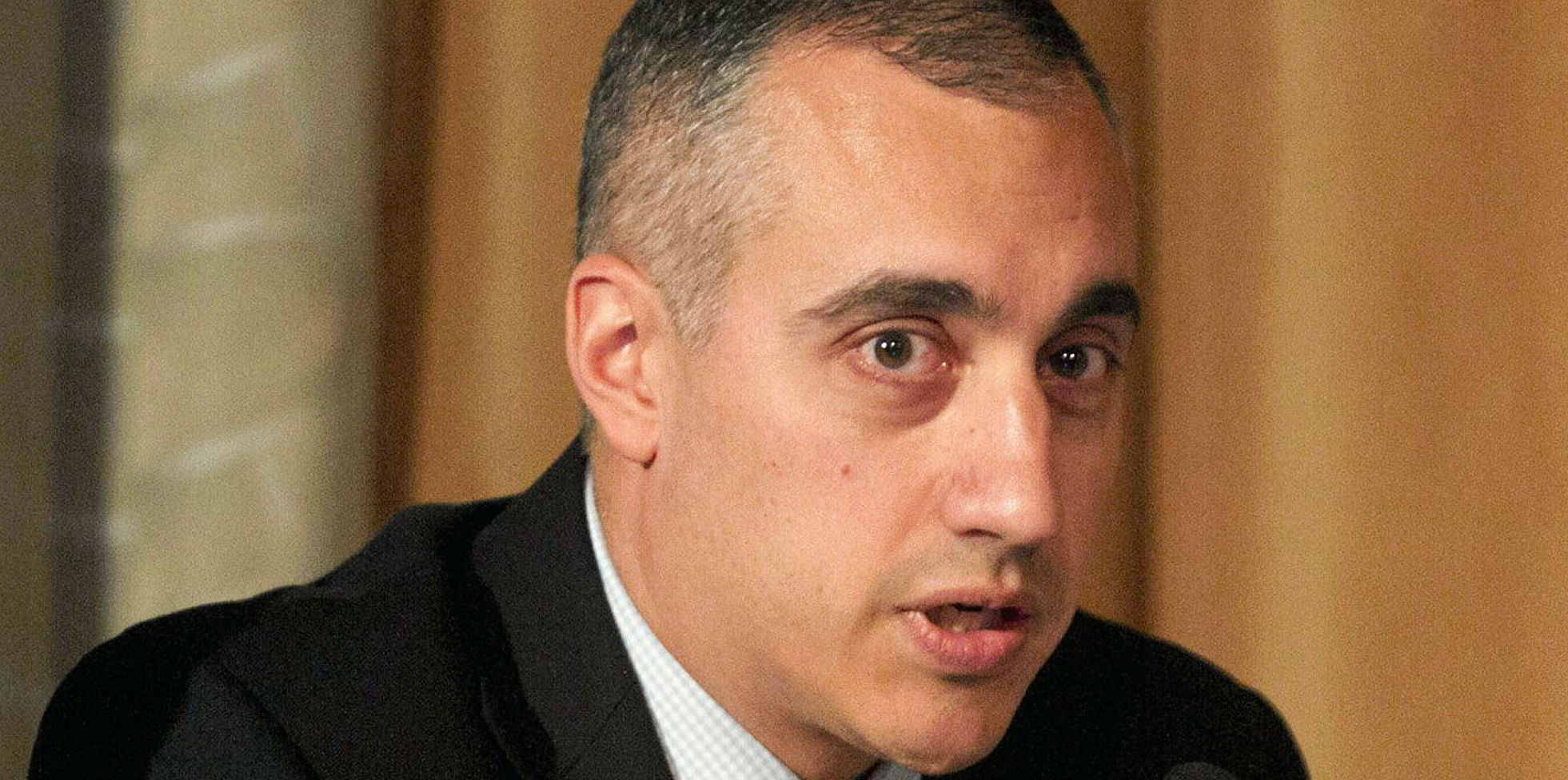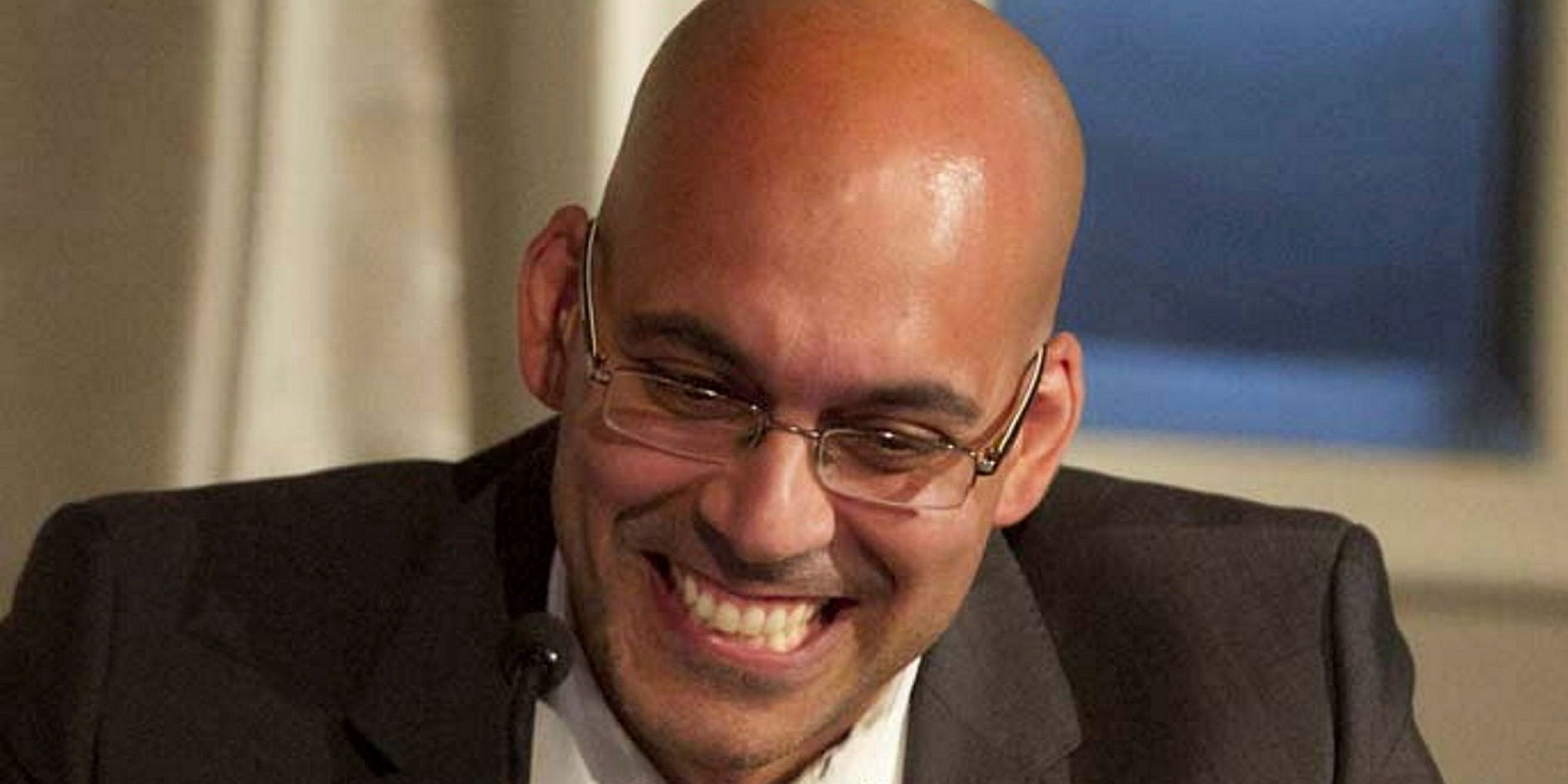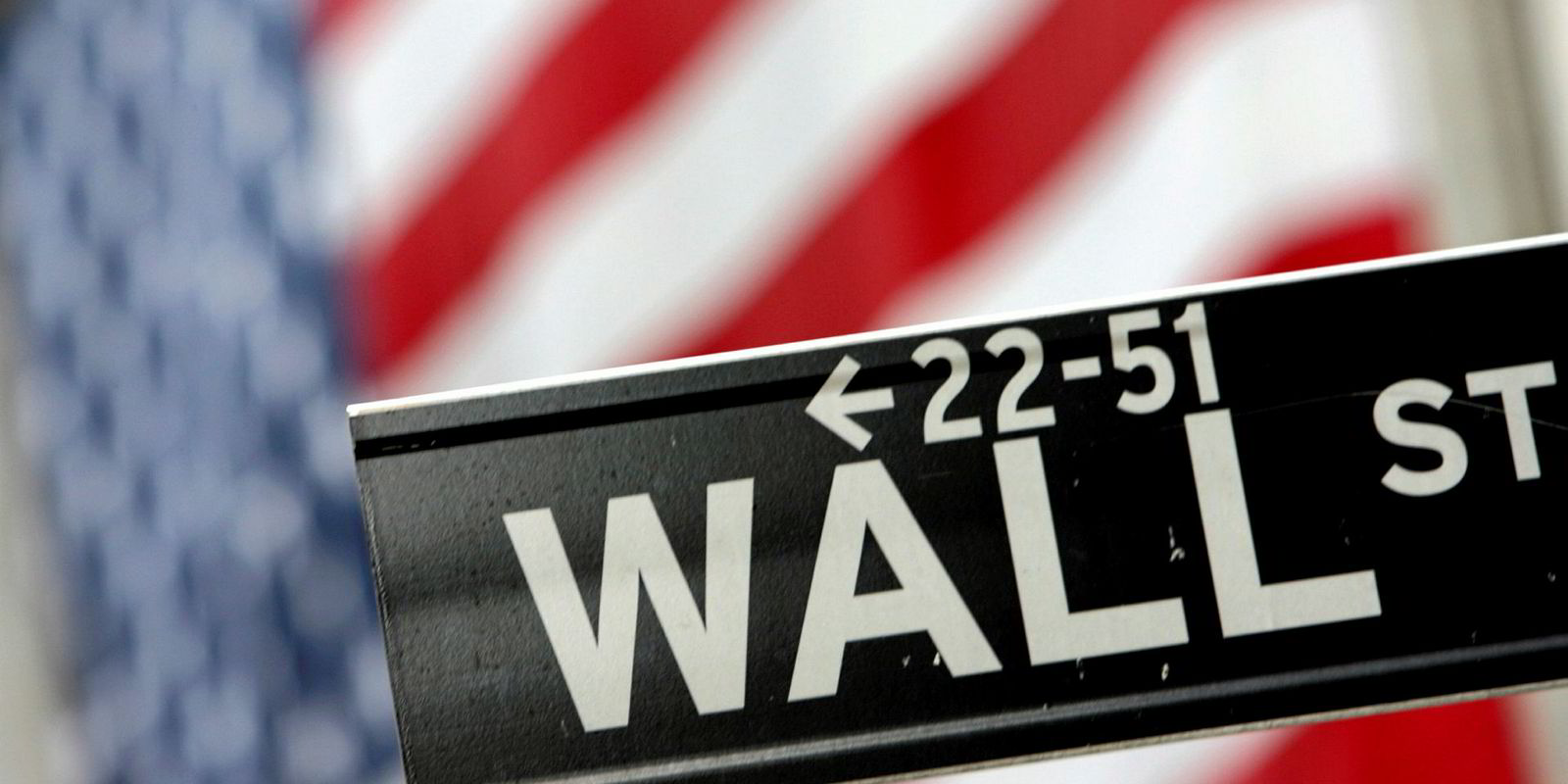Will Norwegian equity analysts be the next to exit coverage of public shipowners?
One of the industry’s top public shipping executives told TradeWinds this week of his concern that the outflow of analysts from research coverage over the past two years may not be over.
And his attention focused on a group that has been unshakeable in its support of shipping over the past decade.
Scorpio Group president Robert Bugbee wondered aloud whether it is the Norwegians who could be poised for a forced exit in some cases.
Shipping has already lost bulge-bracket firms, such as JP Morgan and Morgan Stanley along with the likes of UBS and Credit Suisse, beside a group of smaller banks.
Another big financier, Germany’s Deutsche Bank, was the latest to slash coverage on 3 April, culling 10 of 16 owners based on market capitalisation and trading liquidity.
One-way street
But the Norwegian firms have been on a one-way street into the sector for years, with several establishing offices and licences in New York.
Bugbee did not identify individual banks or analysts. He was speaking in the context of broader questions about how analyst coverage benefits public owners such as his Scorpio Tankers and Scorpio Bulkers.
But he noted that many of the Norwegian finance houses covering shipping have adjacent functions in shipbroking, which faces its own challenges owing to reduced business volumes forced by the coronavirus pandemic.
Firms with a combined shipbroking and ship-finance function could be facing a severe downturn in both business lines simultaneously, and that could spell trouble.
“In many ways, those Norwegian markets have been sheltered — even the brokers have been sheltered a little bit,” Bugbee said.
Analysts and owners alike have noted the one item setting apart today’s coronavirus crisis from the financial turmoil of 2008 is that the current world orderbook is relatively low, while it was at a near record high 12 years ago.
That may be good for owners but it is not so good for broking houses.
“In 2008, the orderbook was huge across all shipping,” Bugbee said. “So there was a forward book for brokers to fall back on for firms like Fearnleys and Clarksons.
“What happens now in shipbroking? If you’re a crude or a products spot-only broker you’re loving it right now. You’re making huge commissions in this market. And there are also nice commissions on a six-month or one-year time charter.
'Income getting smashed'
“But if you’re anywhere else in the broking world, your income is really getting smashed. And you don’t have that forward orderbook that you had in 2008.
“So if you think of firms like Arctic, Fearnleys, Pareto, Clarksons — all with capital-markets capabilities at a time when no one can issue stock — where does that leave you?”
Bugbee was referring to three Oslo-based outfits that provide shipbroking as well as financial services. While Clarksons, the world’s largest shipbroker, is based in London, its capital-markets arm — Clarksons Platou Securities — is headquartered in the Norwegian capital.
To add a further concern, many of the Norwegian firms are heavily exposed to the offshore oil sector, which is again taking a hammering from low oil prices brought about by coronavirus-driven demand cuts, at the same time producers — led by Saudi Arabia — have flooded the market.
Bugbee used to have an annual side job as moderator of the analyst panel at Marine Money’s New York conference. In better times, he quizzed up to a dozen analysts on their work.
Shrinking panel
By last June, he had moved on from the role and the panel was down to five. Only two of those were Americans.
“We have three Norwegian analysts and two American analysts sitting on a panel in New York,” said a visibly frustrated Jonathan Chappell of Evercore ISI during the session.
Chappell then quickly congratulated his Norwegian colleagues on their support of the industry.
Indeed, shipowners had raised $1bn in capital across Oslo’s four exchanges in 2018, rivalling the $1.53bn in New York. Norway also provided fresh listings while the US had not hosted a successful shipping IPO since June 2015.
But now every listed shipowner in New York has lost share value in 2020 amid the fallout from the virus, and deals are scarce regardless of the market.









